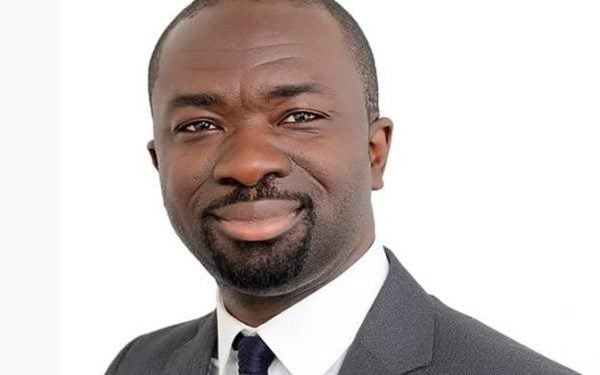The impending 14.75% increase in electricity tariffs, slated to take effect on May 3, 2025, has sparked significant controversy and opposition, particularly from Nana Agyei Baffour Awuah Esq., Member of Parliament for Manhyia South. Mr. Awuah has formally requested the Public Utilities Regulatory Commission (PURC) to immediately suspend the tariff hike, characterizing it as an unjust, unfair, and unreasonable burden on consumers, especially given the backdrop of persistent power outages, known locally as “dumsor,” plaguing the nation. He argues that increasing the cost of electricity while the supply remains unreliable violates the fundamental principle of value-for-service, effectively penalizing consumers for a service they are not consistently receiving.
The core of Mr. Awuah’s argument rests on the premise that consumers should not bear the brunt of increased costs when the quality and reliability of the service provided are demonstrably deficient. He contends that imposing a tariff increase during a period of frequent power outages adds insult to injury, placing an undue financial burden on Ghanaians who are already grappling with unreliable electricity supply. This, he asserts, contradicts the PURC’s mandate to protect the interests of both consumers and providers, as enshrined in Section 3(d) of Act 538. He emphasizes that while ensuring the financial stability of utility providers is crucial for the long-term sustainability of the power sector, it should not overshadow the equally important imperative of providing reliable and consistent service to consumers.
Furthermore, Mr. Awuah criticizes the PURC’s lack of communication regarding the ongoing power challenges, questioning its transparency and responsiveness as a regulatory body. He argues that the Commission’s silence on the matter exacerbates public frustration and fuels distrust, particularly when coupled with a tariff increase. The MP’s letter to the PURC’s Executive Secretary, Dr. Shafic Syleman, serves as a formal expression of his concerns and a direct appeal for the Commission to reconsider its decision. He calls for a more balanced approach that prioritizes both the financial viability of utility providers and the quality of service experienced by consumers.
The proposed tariff increase arrives at a time of heightened public sensitivity to power supply issues. The frequent power outages disrupt daily life, impacting businesses, households, and essential services. This instability creates economic hardship, hampers productivity, and negatively affects the overall quality of life for Ghanaians. Mr. Awuah’s intervention reflects a broader public sentiment that the current circumstances do not warrant a tariff increase. He argues that before burdening consumers with higher costs, the focus should be on addressing the root causes of the unreliable power supply and improving the quality of service.
The MP’s call for suspension underscores the need for a comprehensive review of the factors contributing to the recurring power outages. He advocates for a more transparent and participatory approach to tariff adjustments, ensuring that consumers are adequately informed and consulted before any changes are implemented. He stresses the importance of open communication between the PURC, utility providers, and consumers, fostering a collaborative effort to address the challenges facing the power sector. This, he believes, is essential for building trust and ensuring that decisions are made in the best interest of all stakeholders.
In essence, Nana Agyei Baffour Awuah’s opposition to the tariff hike reflects a broader call for accountability and improved service delivery in Ghana’s power sector. He emphasizes the importance of striking a balance between the financial needs of utility providers and the rights of consumers to receive reliable and affordable electricity. His intervention highlights the critical need for transparent communication, effective regulation, and a concerted effort to address the underlying issues contributing to the persistent power outages. The ultimate goal, he asserts, should be a sustainable and reliable power supply that serves the needs of all Ghanaians.














